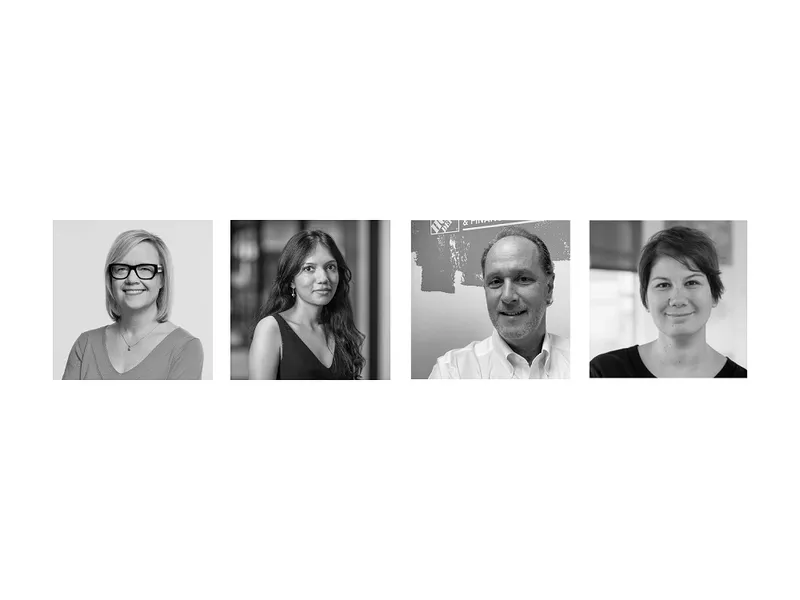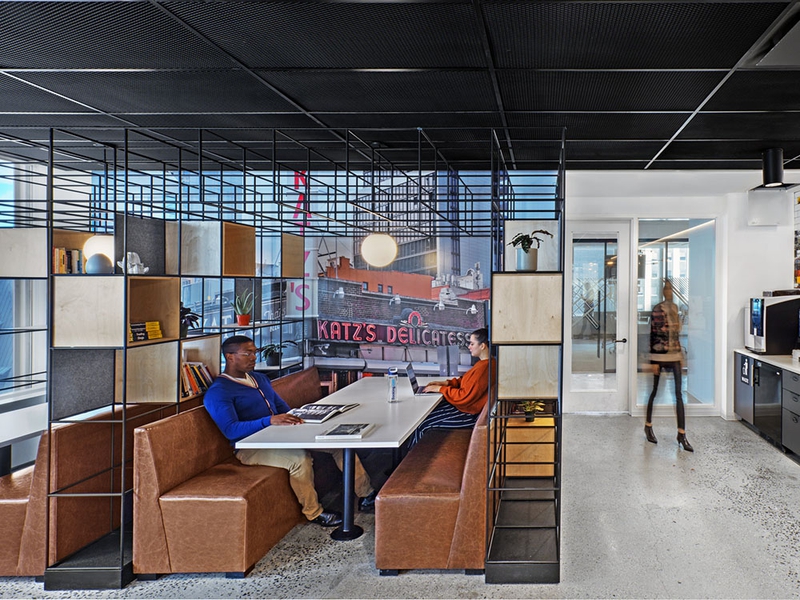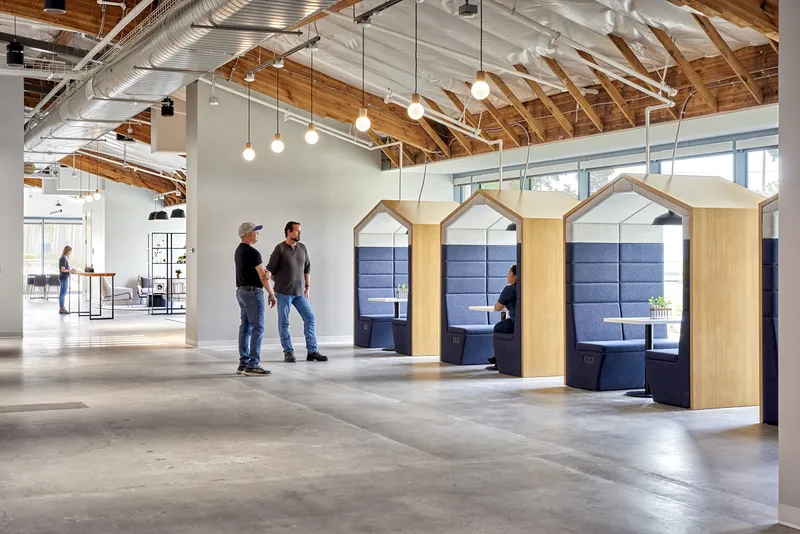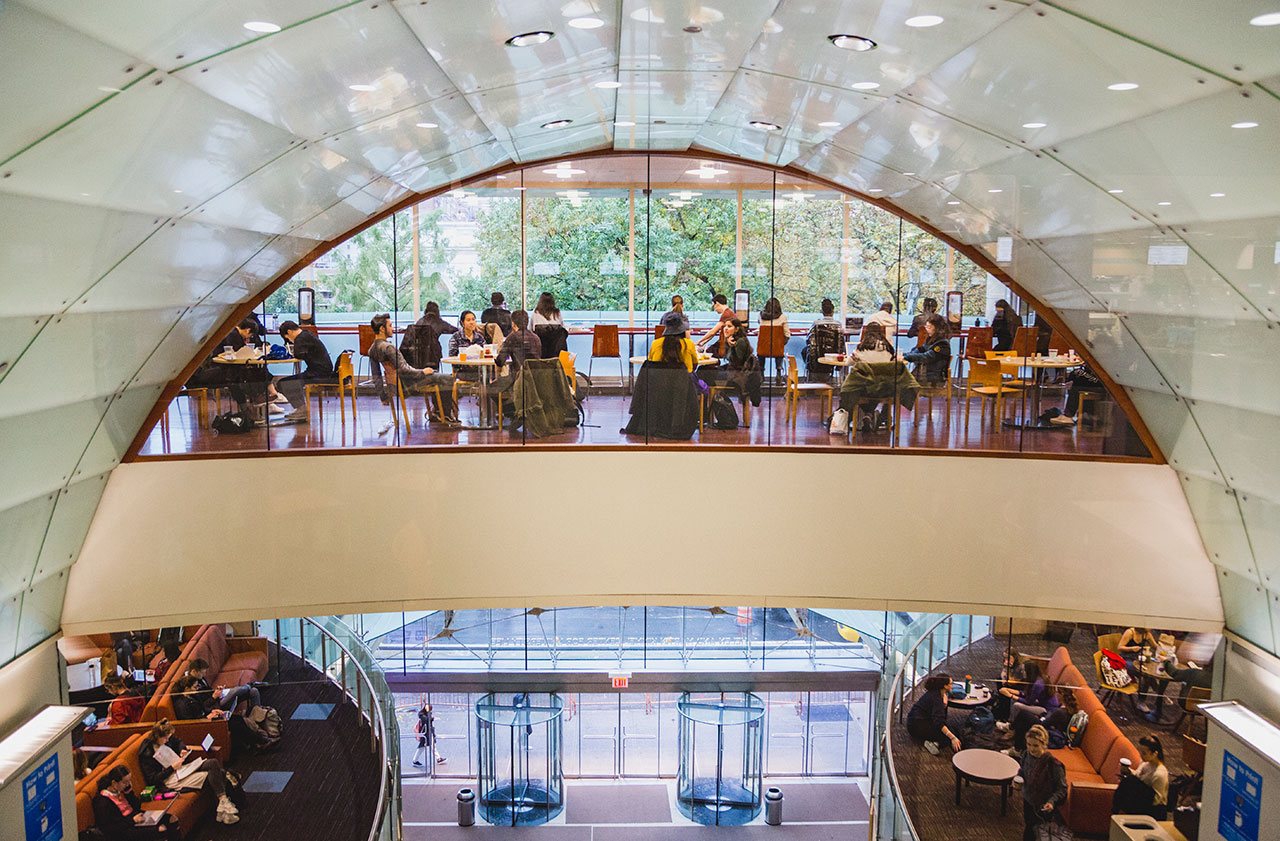
WORKTECH New York - Exploring AI, Experience & Autonomy
This one-day event was packed with insights from various panel focused on AI and its impact on the workplace, employee experience and designing for workers
WORKTECH New York took place on Wednesday September 27th at the Kimmel Center, Manhattan. This one-day event was packed with insights from various panel focused on AI and its impact on the workplace, employee experience and designing for workers. Read on for some of the highlights of the event below!

AI is revolutionizing the future of work," as highlighted by Alexandra Levit, a Futurist and Author, and Peter Miscovich from JLL. Companies that are successfully embracing AI are primarily in the consumer space, with AI-driven Talent Intelligence leading the way. This technology evaluates careers purely based on skills, combatting bias. In this age, possessing creativity, empathy, critical thinking, and the ability to collaborate with AI is essential and as Alexandra Levit aptly put it, "You won't lose your job to AI, but you may lose your job to someone who knows how to work with AI." Essentially, artificial intelligence doesn't replace human expertise; it's a tool to enhance it, therefore establishing that the future workforce requires technology application skills, and the ability to pivot talent rapidly. Strategic foresight allows us to think of 2030 and plan for it now, in this AI-powered future, human-AI collaboration is the key to success, and those who embrace it will thrive.
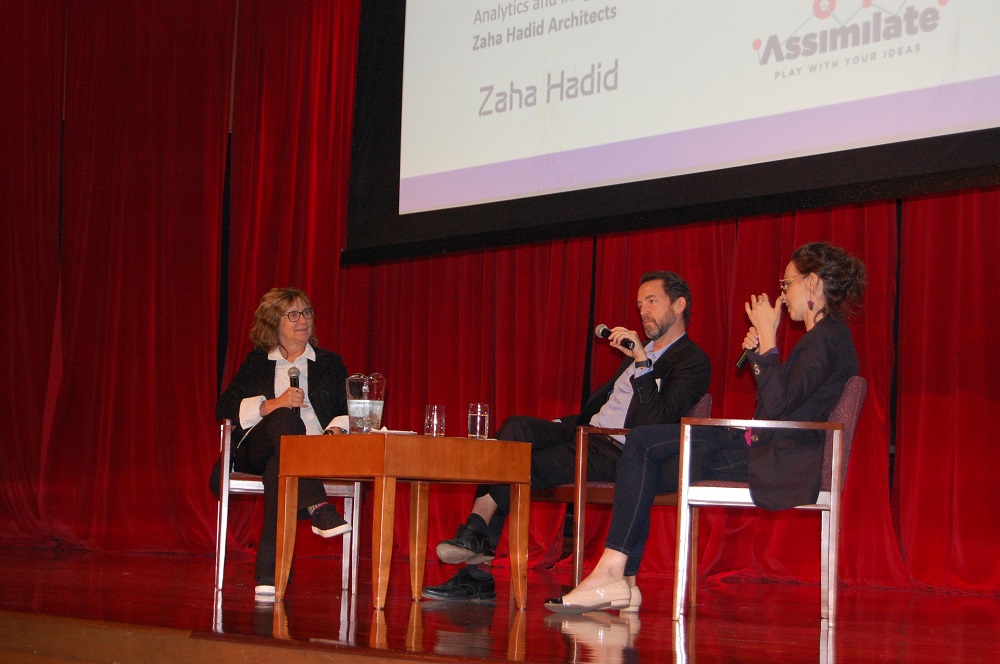
Exploring this future, a captivating discussion featuring Arjun Kaicker, Zaha Hadid, Joanna Srednicka, Assimilate, and Kristi Woolsey from BCG, on future of design at the intersection of AI, game simulations, and spatial computing took center stage. This visionary conversation showcased how AI and gaming are transforming the design landscape. They enable pre-design and post-occupation analysis, effectively bridging the gap between remote office work. As emphasized, AI doesn't replace the human touch but amplifies it, providing the ability to explore thousands of design options instead of just a few while maintaining objectivity in analysis. The abundance of data available is not the issue; it's our underutilization of it that needs attention. Gone are the days when designers held a monopoly on the employee experience; now, the challenge is justifying why people need to come to the office, a testament to the profound shifts in the world of design and work environments.
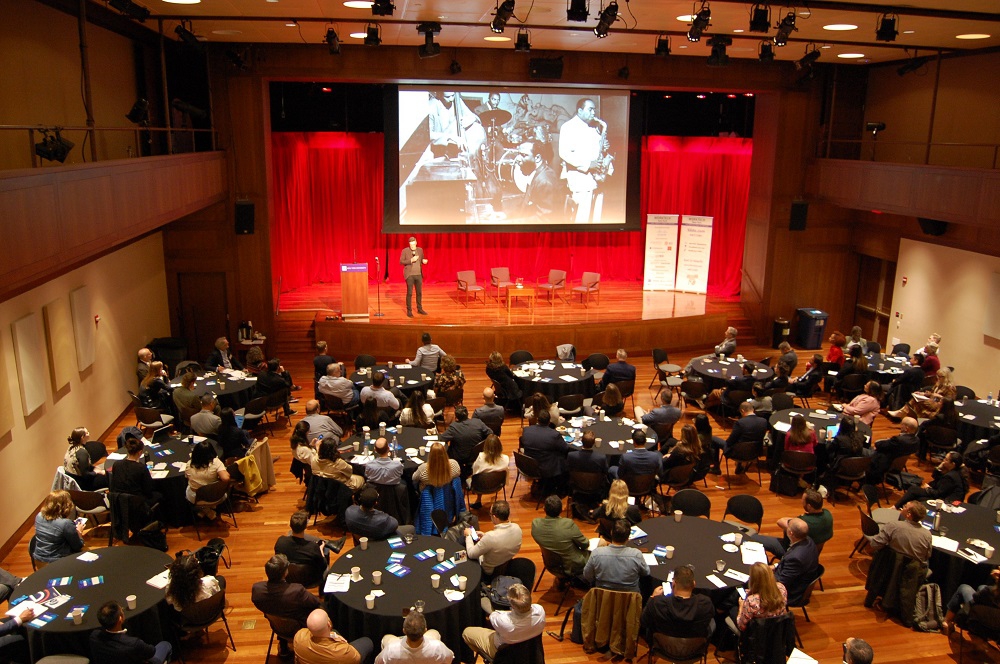
David Dewane, Geniant, discussed the Eudaemonia Machine, emphasizing the importance of "deep work," and it’s contribution towards innovation and hypercreativity, associating it with the environment concept of a jazz band playing. ‘Don’t study trends, study your own people’ Dewane encouraged, also highlighting the evolving preferences in the work environment, citing a Microsoft study that revealed 50% of people prefer working from home for focused tasks, while the other 50% prefer the office for the same tasks. Statistics like this show the individuality of different personas and importance laid on understanding this.
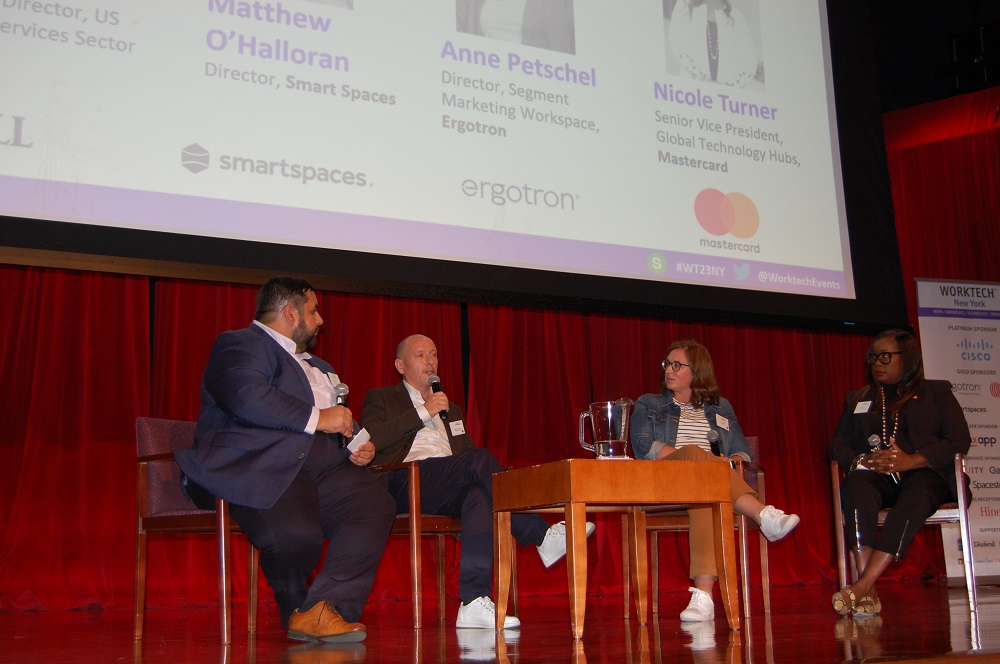
Other insights also included a discussion around The New Frontier of Employee Experience with JLL, Smart Spaces, Ergotron and Mastercard. This panel highlighted again the importance of acknowledging that people are different in both their workstyles and tasks they do. Our job is to create a purpose driven workplace which allows for hyper-personalization within a framework. Joe O’Connor and Jon Leland debated the benefits of a shorter working week and the improvements it can make to performance as well as quality of life. An audience poll was done on attendees’ organization’s current position on a shorter workweek with interesting results – 41% had no intention to do so or were totally opposed to, 37% had no stance or were unsure. This highlighted the progression in the conversation around reducing working hours, but also a reluctance to commit to the step.
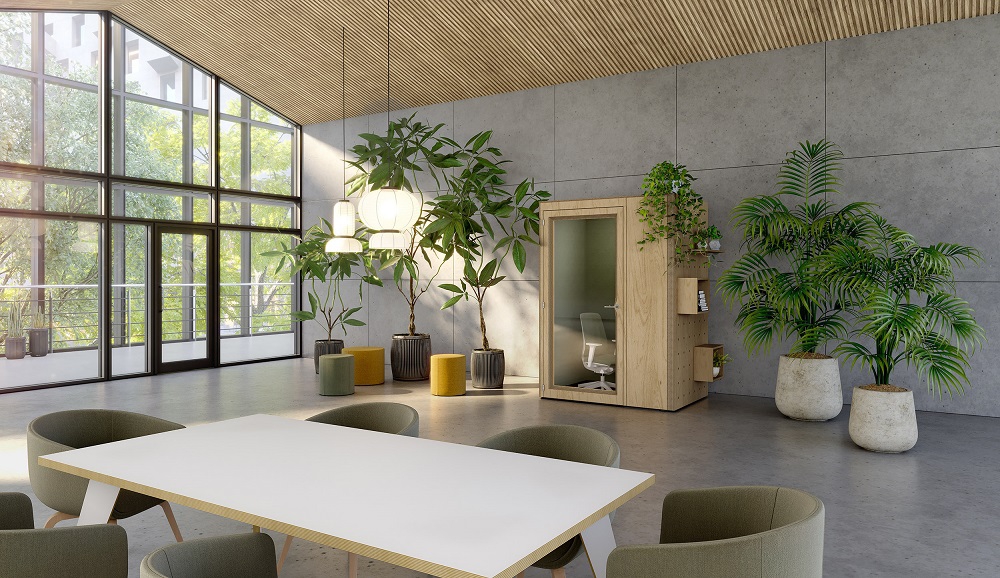
Spacestor showcased their Residence Connect Accessible, the only video pod designed from the ground up with every detail created to optimise the sustained video call experience, for all staff. It's the result of a 2-year development journey with one of the world’s leading global tech companies: audio and visual privacy, controllable light levels and ventilation, height-adjustable working position and working space all tested and honed to provide optimum user experience. Visitors to our booth during the event were able to experience the acoustic qualities of the pod, as the door shuts and the noise of the conference disappears! If you missed us at the event and would like to experience our products, reach out and we’ll be in touch!
